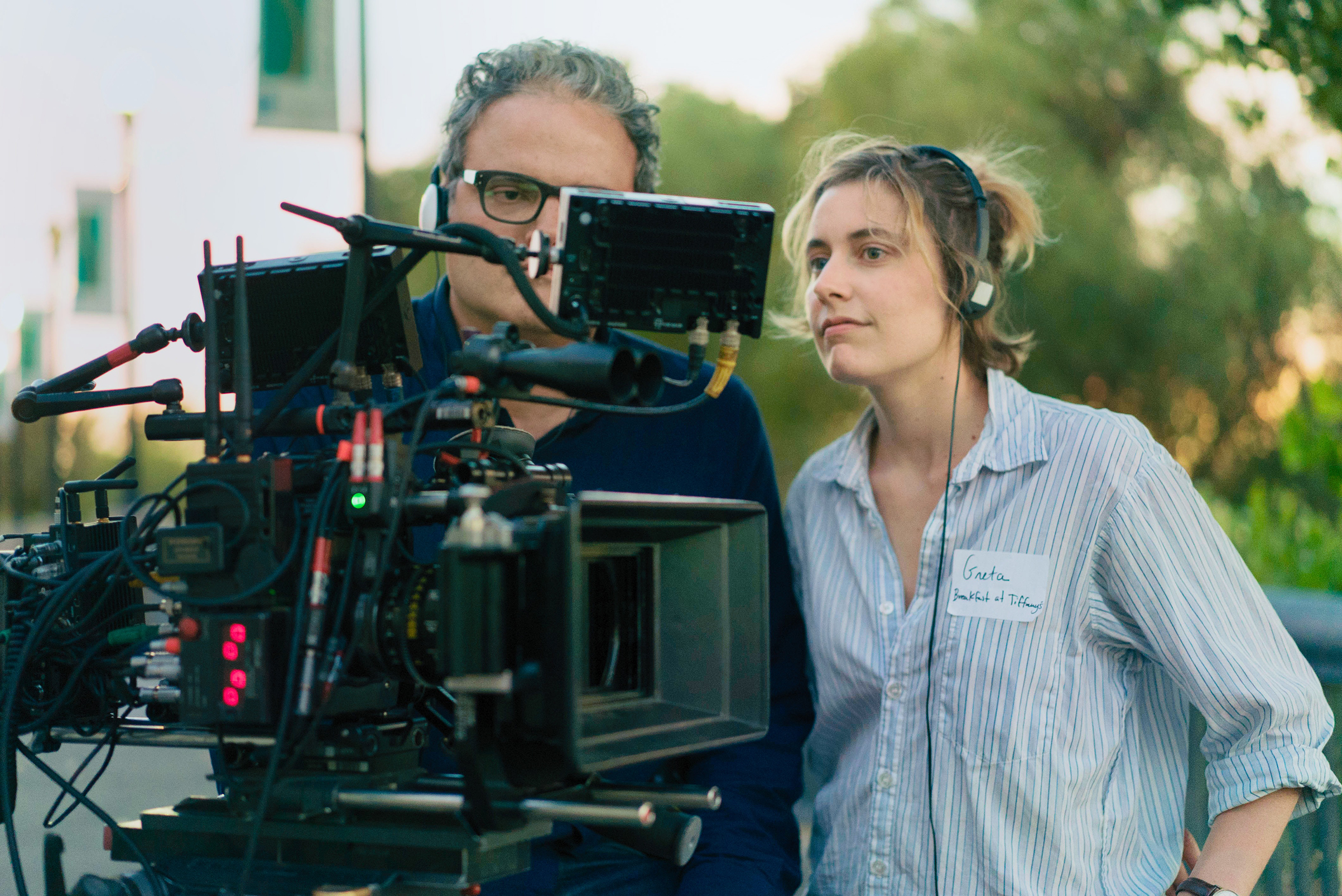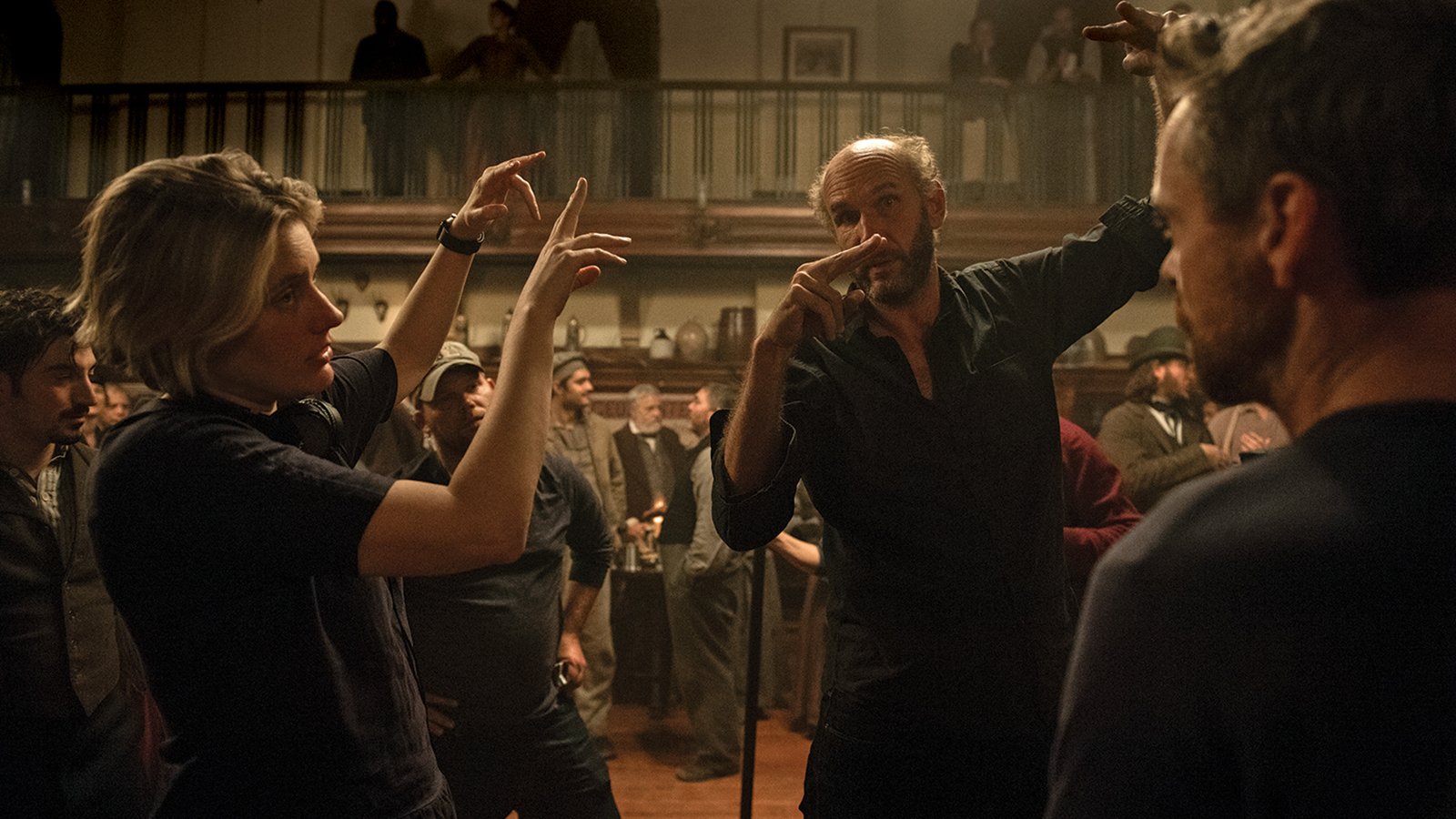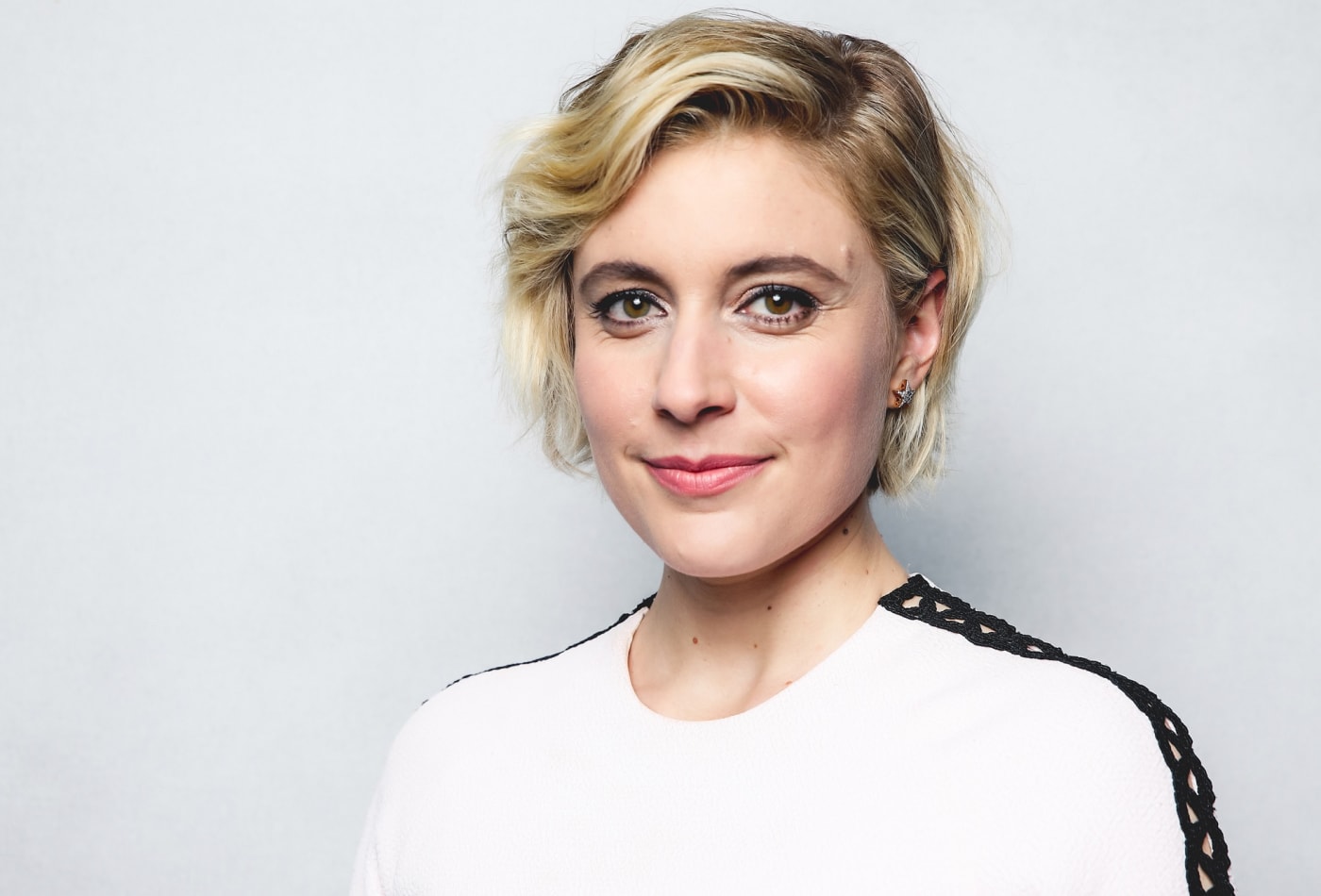The movies rarely show us how sloppy becoming an adult looks. Noah Baumbach and Greta Gerwig’s collaborative effort in “Frances Ha” sums this sentiment up very concisely. It’s hard to explain what you do when you don’t actually do it. While this seems to defy any form of logic, any student living in the aftermath of his or her own university career will agree with the sentiment. Studying something doesn’t equate to actually doing it, as one’s passion will not always be fulfilled. It may seem bleak, but such is life. Following “Frances Ha” Gerwig branched out as a filmmaker and attempted to explore concepts of life such as these.

Becoming an adult is the most difficult thing most people will do, as the process of crossing the threshold of childhood into adulthood makes little sense and has no clear answers. The world is a difficult place to live and no one understands this better than Greta Gerwig. How is one to set up a future for oneself when he or she barely knows what it is that they want? Life is a mess and we figure it out on a daily basis, so why do most films give clear cut answers when someone might spend an entire lifetime in search of one? The truth is we make our own answers, we must or else how can we go on? It is what makes our life and our world a beautiful one. For searching for that beauty will provide its own rewards, the ends do not justify the means because we rarely meet that end. Whereas the means are everything, they are our lives.
Greta Gerwig’s work – as an actress, screenwriter, and director – permeates into the fabric of a person, underneath all of the glistening, incandescent film grain of “Little Women”, the burgeoning emotional revelations of “Lady Bird”, and the realism-soaked search for substance of “Frances Ha”, there is something very subtle. It is existence, life as we live it, as we remember it, and as we wish it to be. She visually demonstrates the way in which our memories take upon lives of their own and create this whirlwind of emotion and hope that propels us forward. Every moment is fleeting, every breath or ache or tear or smile will simply pass us by – leaving us yearning for the lives we didn’t have. Yet still, every ounce of experience will never leave our side, following and shaping the people we become because they are inseparable from ourselves. The past is not simply informing the present, rather everything that has happened to us is still happening and will continue to happen as long as we draw breath.

We tell ourselves at our weakest moments that there are brighter futures ahead, this will not define us. We believe that the loss of all our loved ones will not separate them from us, they will always be a part of ourselves. Well, Greta Gerwig believes that every experience – joyous and painful alike – will become tangled into this mix and brew a brighter and more actualized person. We will never get over the deaths of loved ones, the lost loves, the missed opportunities, yet we must seize them and make them part of ourselves, or else we cannot ever escape their looming shadow. We must accept life to live it to the fullest.
“Lady Bird” was Gerwig’s debut, directorial feature, after assisting in the writing of “Frances Ha” and “Mistress America” among other films. It showcased a style that was individual, distinct, and seeped in a sentiment that many just don’t see. Above all else, it represents a relationship between mothers and daughters, a vital relationship that had mostly been wholeheartedly ignored in film. Gerwig utilizes the female narrative to tell deep truths and pains that are universal to humanity, but especially to women. Fellow Film & Glory writer, Brielle Diskin discusses this very aspect, as it was “the first coming of age film that I felt really spoke to me.” She continues, “[Gerwig’s film] doesn’t shy away from the awkwardness of being a teenage girl. It shows the messiness of growing up and trying to find yourself. There’s something for everyone in ‘Lady Bird’. It’s real.”

The film has a grasp over its audience, grabs hold of each and every member and, entrances them in a different way. All of the characters are cared for, none are left out, and that warmth emanates the incandescence of real life. In truth, the film is, “a love story about a mother and a daughter. A relationship that shapes your life immensely. There’s a lot of responsibility for both parties.” Both individuals are flawed and make their own distinct mistakes, yet, above all else, the bond that tethers them together will last – despite all the crumpled letters and showering of insults the only thing that matters is the love that lies between them. That very responsibility is felt with every glowing frame, percolating with unstated subtlety, and every tiny glance of disappointment, resentment, or shame. Brielle Diskin concludes, “what’s so [very] special about Greta Gerwig’s films is that she doesn’t favor any one character. She pokes and prods at the world the characters exist in rather than designating protagonists and antagonists.”
“Little Women is a movie, so beautiful and celebratory and exuberant in a way every film should be,” writes Film & Glory editor Mia Pfluger. She exults, “every once in a while, you’ll stumble across a film that makes you feel every possible emotion during its runtime. You’ll catch yourself [with] a stupid grin on your face but starting to cry in the next moment.” These words echo the truth that lies beneath the overtly warm emotion emanating from Gerwig’s latest adaptation. Her films contain a specific meaning for young people trying to find their own way in a harsh world, especially for young women.

The films don’t deny that finding that path is lined with hardship, but perhaps a little guidance and a lot of perseverance will guide us through. Louisa May Alcott is famously quoted, as seen at the start of “Little Women”, “I had lots of troubles, so I write jolly tales.” Perhaps no other quote can better capture the sentiment of a Greta Gerwig film, as she goes beyond Alcott’s example adopting a duality of struggle and joy – pain and glory may very well be the two most outstanding tenets of human existence after all. We suffer and then recover and then pain befalls us again and once again we find our way to the light. Some of us might sink lower while others soar higher, yet the sentiment still remains. To be alive is to suffer, but also experience joy and attain beauty. And in the end, that’s what matters.


Hello my friend! I wish to say that this article is amazing,
nice written and come with almost all vital infos. I’d like to peer more posts like this .